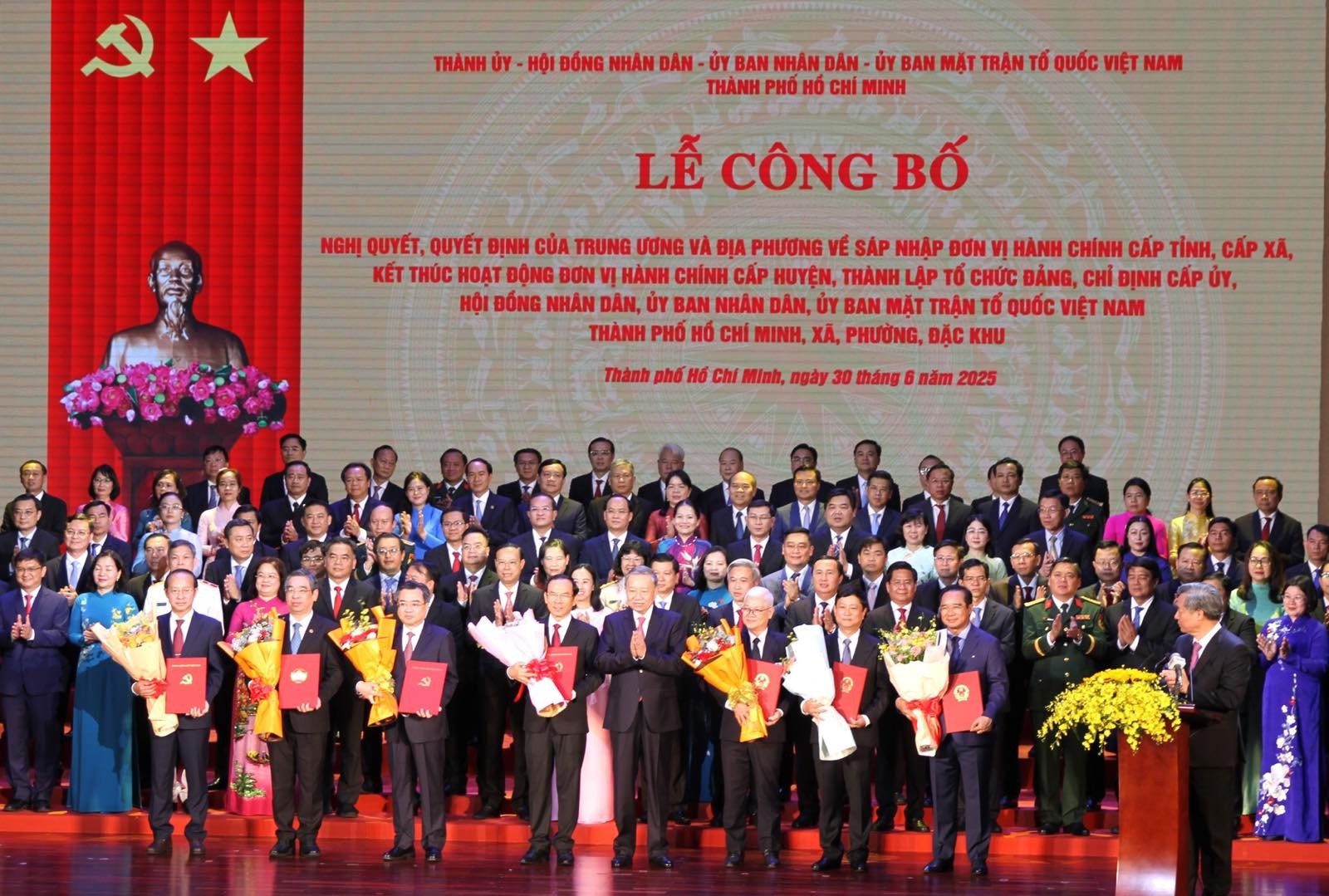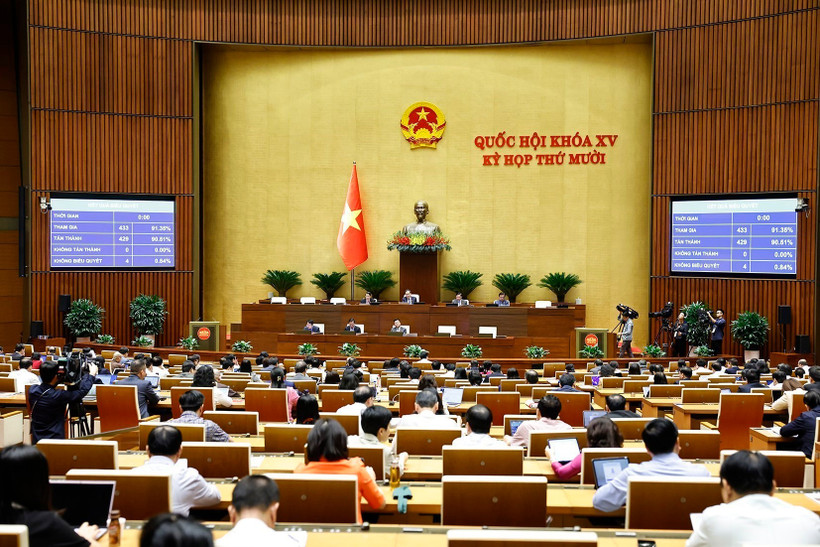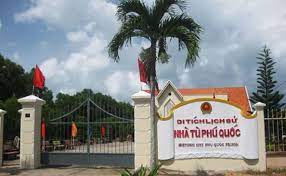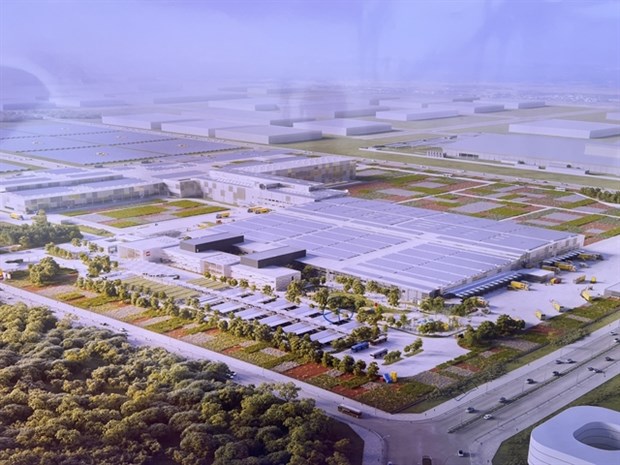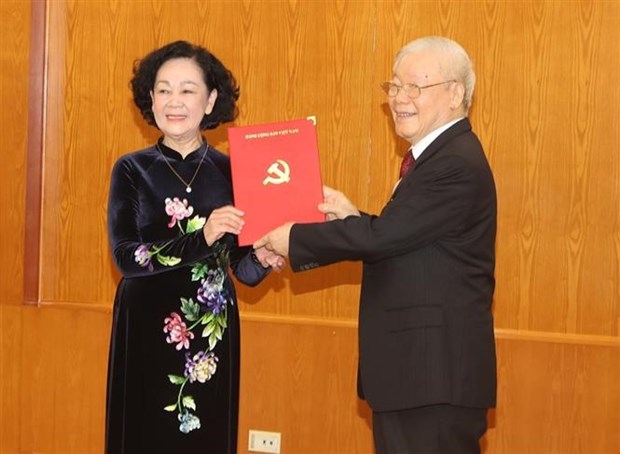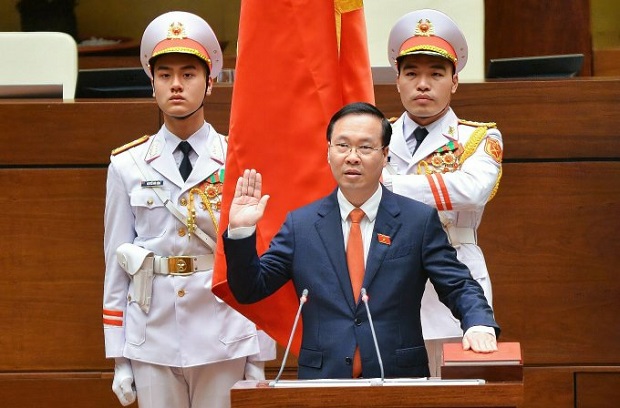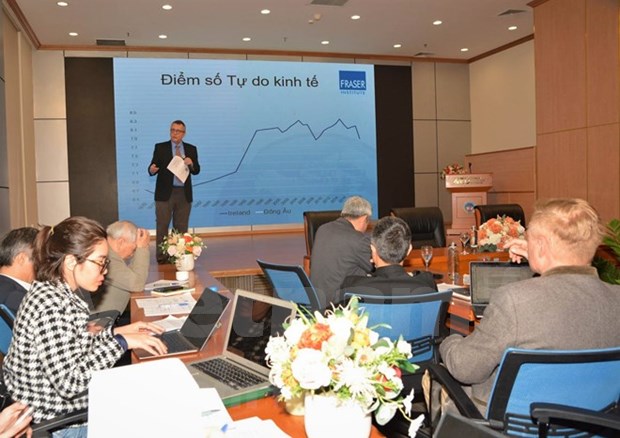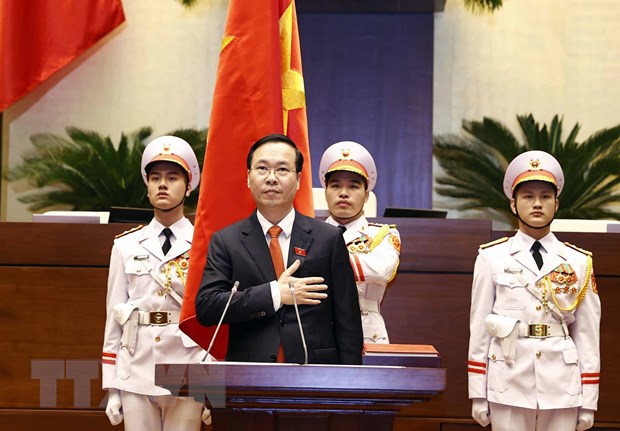With its advantages of a smooth business climate, stable political environment, steadily developing macro-economy, and abundant and low-cost workforce, Vietnam is an ideal destination for foreign investors.
Recognising the significance and role of FDI, the Government has issued many policies and rolled out many measures to ensure an attractive and safe environment for investors. This includes the Law on Foreign Investment 1987, and the Politburo’s Resolution 50-NQ/TW dated August 20, 2019, on orientations to complete the institutions and policies to enhance the quality and efficiency of foreign investment cooperation until 2030.
Alongside, domestic firms have also worked hard to improve their human resources and the production chain to attract more investors.
Thanks to these efforts, the FDI inflows to Vietnam have increased in recent years, especially after Vietnam signed on to a variety of bilateral and multilateral free trade agreements (FTAs). In the 2015-2019 period, total registered FDI capital into Vietnam expanded from 22.7 billion USD in 2015 to 38.95 billion USD in 2019, while the number of distributed capital also increased from 14.5 billion USD in 2015 to 20.38 billion USD in 2019. The number of newly registered FDI projects also rose from 1,843 in 2015 to 3,883 in 2019.
Even when the whole globe was suffering from COVID-19, investment activities in Vietnam continued to grow.
In 2020, Vietnam was among the 20 top countries in the world in terms of FDI attraction with 28.53 billion USD. The figure rose to 31.15 billion USD in 2021, which stood at 27.72 billion USD in 2022.

Despite COVID-19 impacts, only a slight drop was seen in the amount of FDI disbursed in 2020 and 2021 at 19.98 billion USD and 19.74 billion USD, respectively. The disbursement rose 13.5% in 2022 to 22.4 billion USD.
Foreign investors have poured money into 19 out of the 21 civil economic sectors, mostly in retail, wholesale, manufacturing-processing and science-technology.
Last year, 108 countries and territories invested in Vietnam, led by Singapore with nearly 6.46 billion USD, accounting for 23.3% of total FDI Vietnam lured in the year. The Republic of Korea came second with 4.88 billion USD, followed by Japan with 4.78 billion USD.
According to Brook Taylor, General Director of VinaCapital, fundamental factors underpinning the growth of the Vietnamese economy remain unchanged. Vietnam is an open economy with high export potential and great attractiveness thanks to strong foreign investment inflows. In addition, domestic demand is also increasing, he said, underlining that Vietnam is moving forward like leading economies in Asia such as Japan or the Republic of Korea.
Data from the Ministry of Planning and Investment (MPI) showed that the disbursement rate of FDI in Vietnam accounted for over 23% of total disbursed social investment in the country. The average GDP generated in the FDI sector makes up 19.8% of the GDP of the whole economy. It is employing nearly 5 million labourers, and producing 42% of total profit of the business sector.

The increase in the FDI inflows has not only created favourable conditions for Vietnam to speed up the expansion of the international market, but also helped the country improve its business activities in all aspects, thus reducing the capital burden for many large-scale projects.
Alongside, the attraction and use of FDI has also motivated the economic transition and restructuring and growth model renovation, enhancing the competitiveness of the nation, sectors, products and services, and promoting the reform of institution, legal policies, and environmental considerations, heading to the development of a full, modern and integrated market economy.
According to the MPI, the policy to open the door for FDI and trade activities has proved efficient in speeding Vietnam’s integration to the world as well as its engagement with the regional production network and diversification of export activities. At the same time, the policy has created a large number of jobs for a young and increasing workforce, thus improving the income of the State and the national balance of payment.
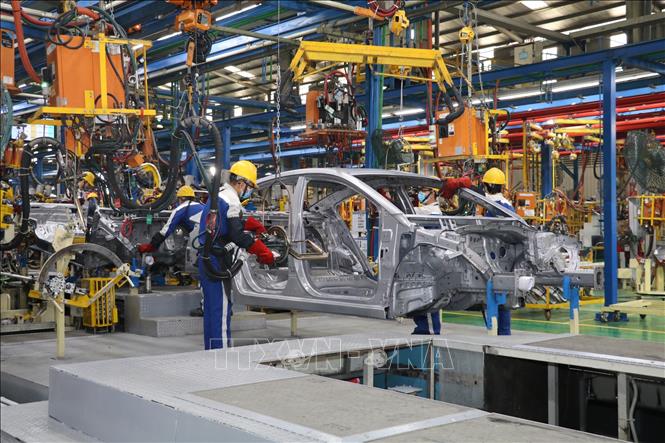
Apart from these direct benefits, in reality, FDI has created considerable indirect benefits to other areas of the economy, such as the introduction of technologies, business secrets, national standards in manufacturing and services, workforce skill development, and job creation in supporting industries and services.
The reality is that after 35 years of officially opening to attract investment, FDI capital has played and will still play a very important role in socio-economic development, becoming a key driving force for international economic integration./.
Q.Hoa t.h / TTXVN

